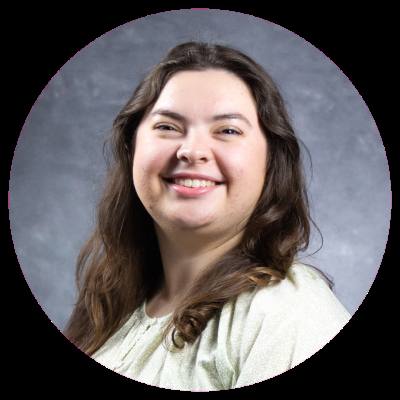Smatresk spoke with Community Impact about his time as president. Answers may have been edited for length and clarity.
How has the university changed since you took on the role in 2014?
When I got here, I saw that it was a vibrant campus with a caring community, but there were some financial troubles, [and] there were some organizational issues. It was kind of like the biggest school you've never heard of, and I knew that the potential was here to really reach for the stars. We laid out an ambitious plan; we got our finances figured out, and we said we're going to be a top-ranked university. [By] building on a great foundation from the faculty and staff here, who had that caring attribute that I love, we’ve witnessed so many major strides.
If you have a bold plan and a team that's committed to moving the mission of the university forward, you can achieve a lot. The end is to help our students reach their dreams. We believe that we’re a social mobility elevator, [and] we’re changing lives. I get up every morning excited about what we can do for our students.
What has been your proudest achievement during your time as president?
My proudest achievements are making this a campus that students want to go to. This is a caring campus. It was something I saw when I first got here, and it’s something that’s precious. If you have it, you don’t want to lose it. Having that value and that commitment to putting our students first, going the extra distance for them [and] to try to give them every advantage, that all arises from faculty and staff. If you look at the things we put in place, they’re all focused on helping our students to afford education, graduate in a timely fashion and be prepared for a career when they leave.
What advice would you have for the next president of the university?
First, nurture the caring nature of the campus and remember, always, that everything we do should be focused on our students. I also hope that the next person appreciates that they're inheriting an institution that's in great shape with a strong leadership team. The team does everything. Presidents might make decisions and nudge things occasionally [and] get crazy with a new vision, but the team is the one that implements everything that we do. That really matters, so take care of the team. Finally, higher education is facing some real existential threats. A lot of people are questioning the value of a college degree.
There's mental health challenges like we've never seen before. There's a threat of learning loss caused by COVID[-19]. Math and language learning loss is a real thing, and you've got to learn how to know how to cope with it and deal with it. There’s fractious state politics, which have to be negotiated ... and financial challenges.
All those things are major challenges that anybody who steps in this role has to be willing to contend with.
Why was it important for UNT to help close the gap between higher education and industry with UNT Frisco?
The future of work has never been more uncertain. Careers are changing, [and] who people are hiring is changing. The people entering the workforce have very different expectations than they did 20, 30 [and] 40 years ago. We need to track what major corporations are doing, and we need to be in touch with what they want out of the workforce. The best way to do that is to engage them in our educational process.
That is going to give our students in Frisco an edge, and that’s going to give our students [in Denton] an edge as well.
What do you envision for the future of Frisco Landing?
I envision a campus of about 10,000 students on it. We're not quite halfway there yet; [we’re] about a third of the way there. I think the next phase of our evolution [is] we need a residence hall and dining hall. We need some recreational sports, [and] we need more clubs. I want to fill the campus during the day as well as at night.
What will you miss most about being UNT’s president?
I’m just stepping down and going to go back to a faculty role. I’d tell you I’d miss the students, except I’m not going to miss the students [as] I’m going to be more engaged with the students than ever.
What I will miss is the teamwork, brainstorming and problem-solving pieces. How do we meet this challenge? How do we solve this problem? How do we help our students to become more successful? I’m a fixer. There’s a certain energy when you’re dealing with solving major problems or even when you're dealing with a crisis like COVID[-19] that brings the team together. That bond and those relationships are very gratifying to me.
What are you looking forward to the most in your new role?
It's the chance to take the things I've learned and translate them into an education for students who are interested in either higher education or leadership.
Anything else you want to share about your time as president?
It's been the best experience of my life. Sometimes it pays to go out while you're on top, [and] that's kind of how I feel. We'll pass the baton to that next leader who will have great vision and get us to the next mountaintop. In the meantime, I've enjoyed what we've done. I have a great amount of pride in being able to serve at institutions like UNT.





